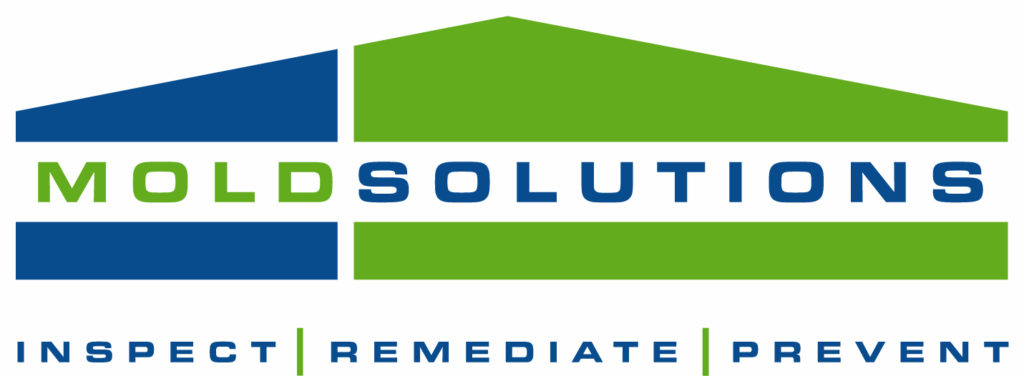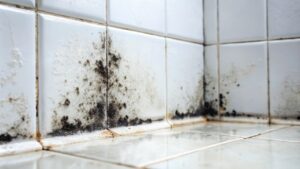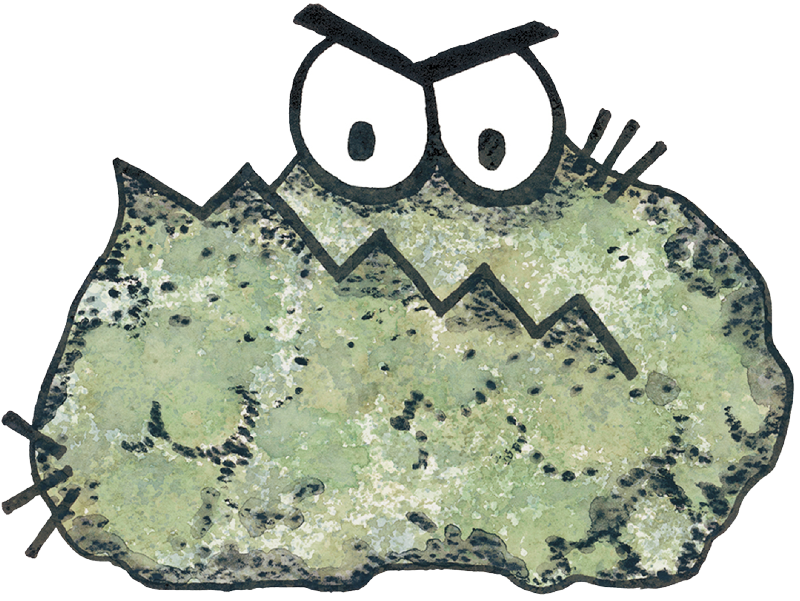 If you’re anything like me, you love your pets as much as any family member. That’s why it’s just as important to keep an eye on their health. Because our pets can’t tell us when something is bothering them, we have to look for signs that may indicate something is off with their health.
If you’re anything like me, you love your pets as much as any family member. That’s why it’s just as important to keep an eye on their health. Because our pets can’t tell us when something is bothering them, we have to look for signs that may indicate something is off with their health.
Just like humans, toxic black mold can affect your dogs and cats if they’re allergic to it.
Let’s take a look at some of the signs your pet might be allergic to toxic black mold and what you can do to help the situation.
Your Pets and Toxic Black Mold
The symptoms of toxic black mold can range significantly from person-to-person. While in some people toxic black mold can cause the typical allergy symptoms of sneezing, runny nose, and itchy eyes, in others it could be headaches, insomnia, or even depression.
This is why, for many years, no one pinpointed the root of the problem to be black mold.
In pets, the symptoms vary as well. Some dogs and cats my excessively lick and chew at their paws, lose patches of fur, or have a runny nose, and in others, it might affect their respiratory symptom, cause lethargy, labored breathing, and behavioral changes.
Toxic black mold syndrome in your pets needs to be diagnosed by your veterinarian, but once diagnosed, your pet can be started on a round of antibiotics to help him get to feeling better.
Now, the question is what to do about the toxic black mold in your house.
Removing Toxic Black Mold
If any mold is found in your house, it needs to be removed, and while some mold removal projects can be done by yourself, toxic black mold is one that always needs to be left to the professionals.
When removing any type of mold, the owner runs the risk of spreading the spores throughout the home and causing it to grow in other areas. This is why we never suggest a homeowner taking on a patch bigger than 10 square feet in size if they’re handling the removal process alone.
With toxic black mold, special equipment needs to be worn as protection and to prevent anyone inhaling the toxic black mold spores into their lungs.
There’s no way to know for sure if you’re dealing with toxic black mold unless you have a sample of the mold sent to a lab and analyzed. However, if you suspect you might have some growing in your home, you’ve stumbled upon the perfect corner of the internet.
We have a team of certified mold inspectors that are willing to answer any questions you might have about your situation. If needed, we can send a team out to your house to collect samples, and from there we can help you come up with an individualized plan that meets your family and even your pets’ needs. Contact us today!







